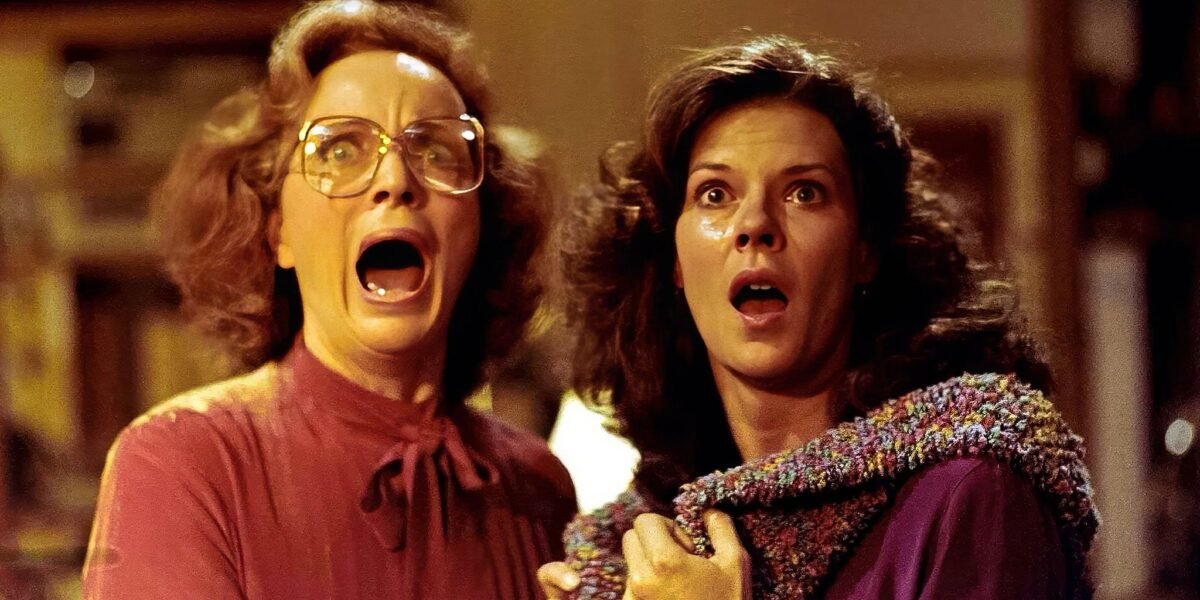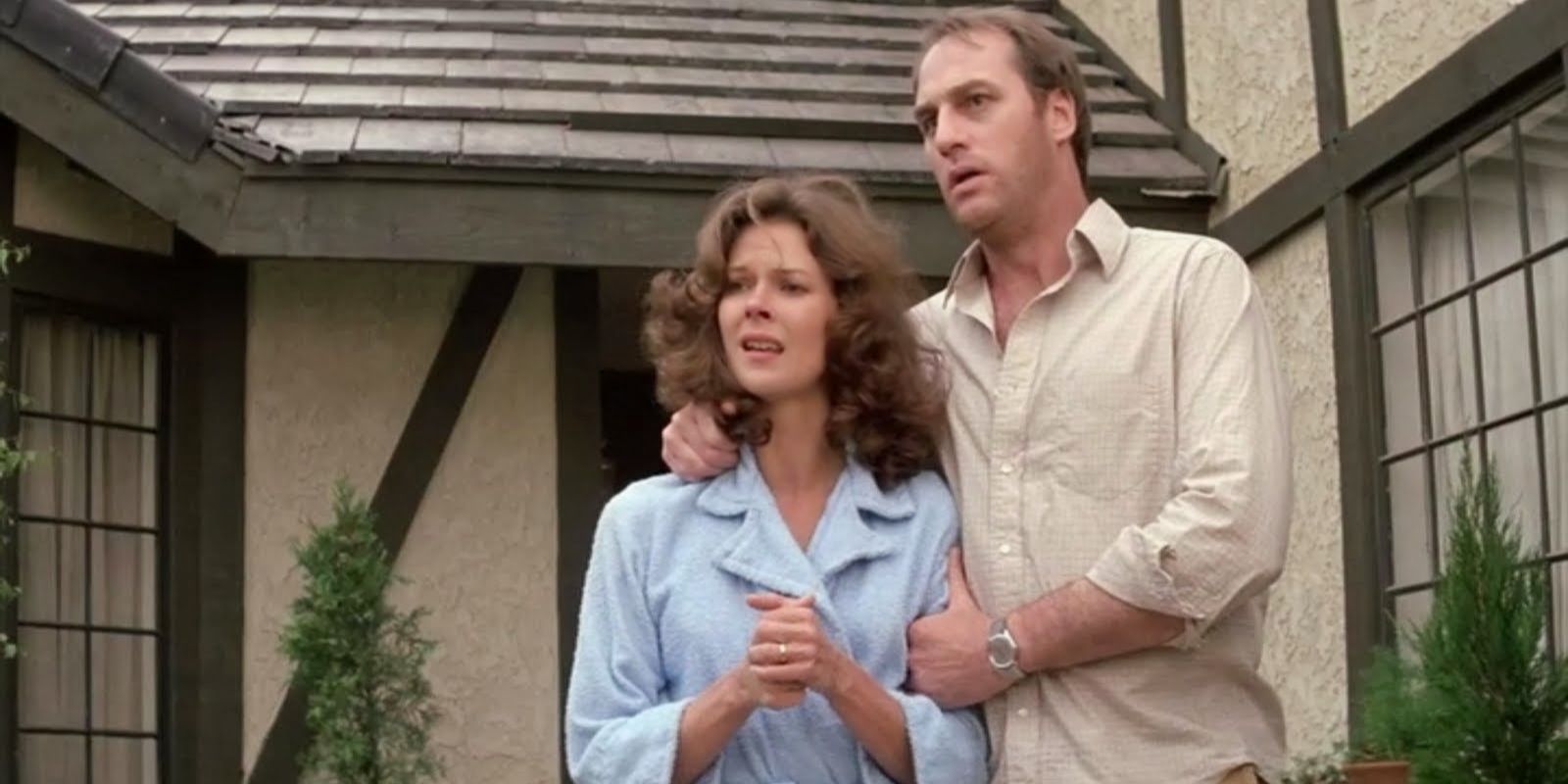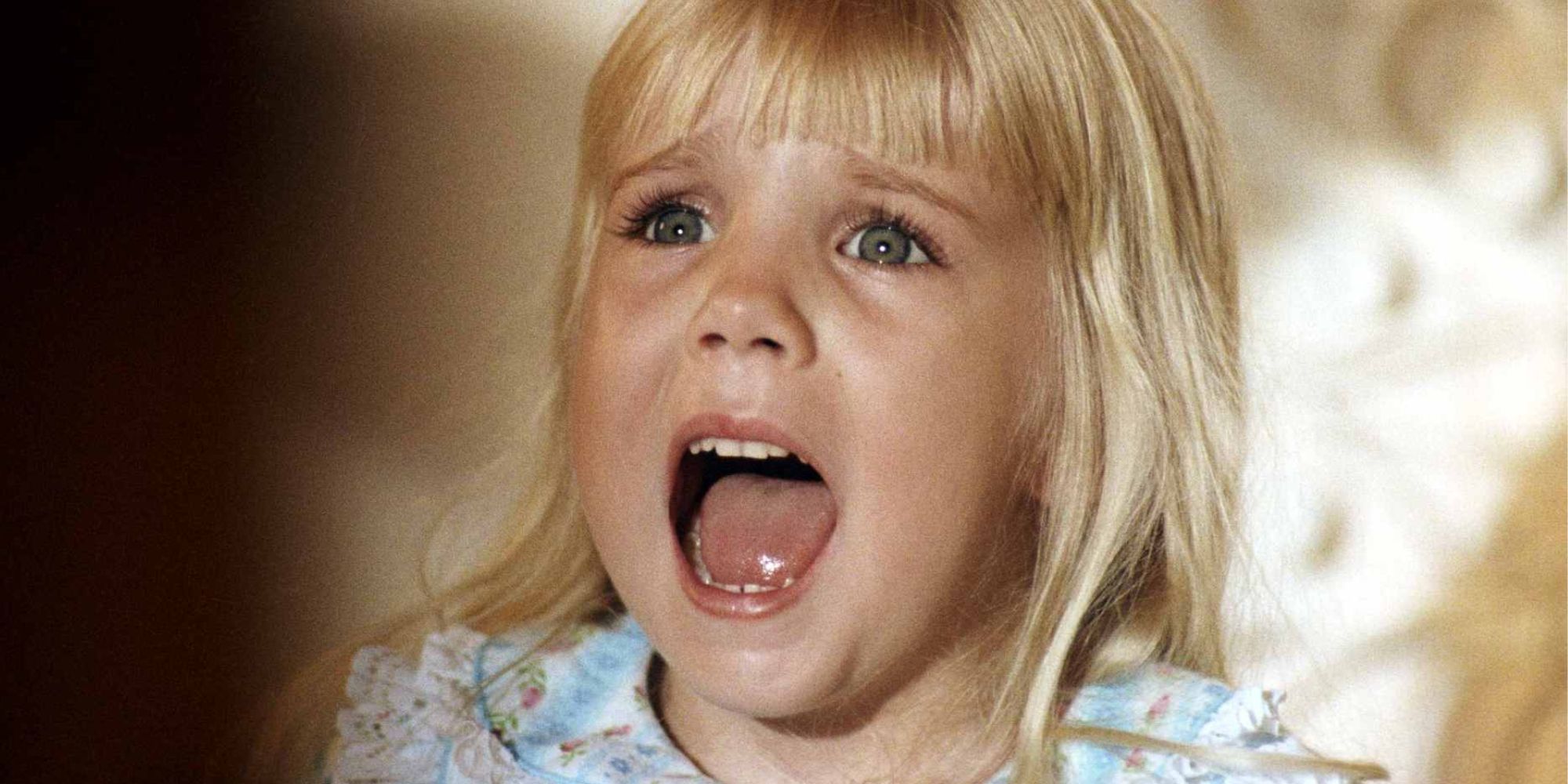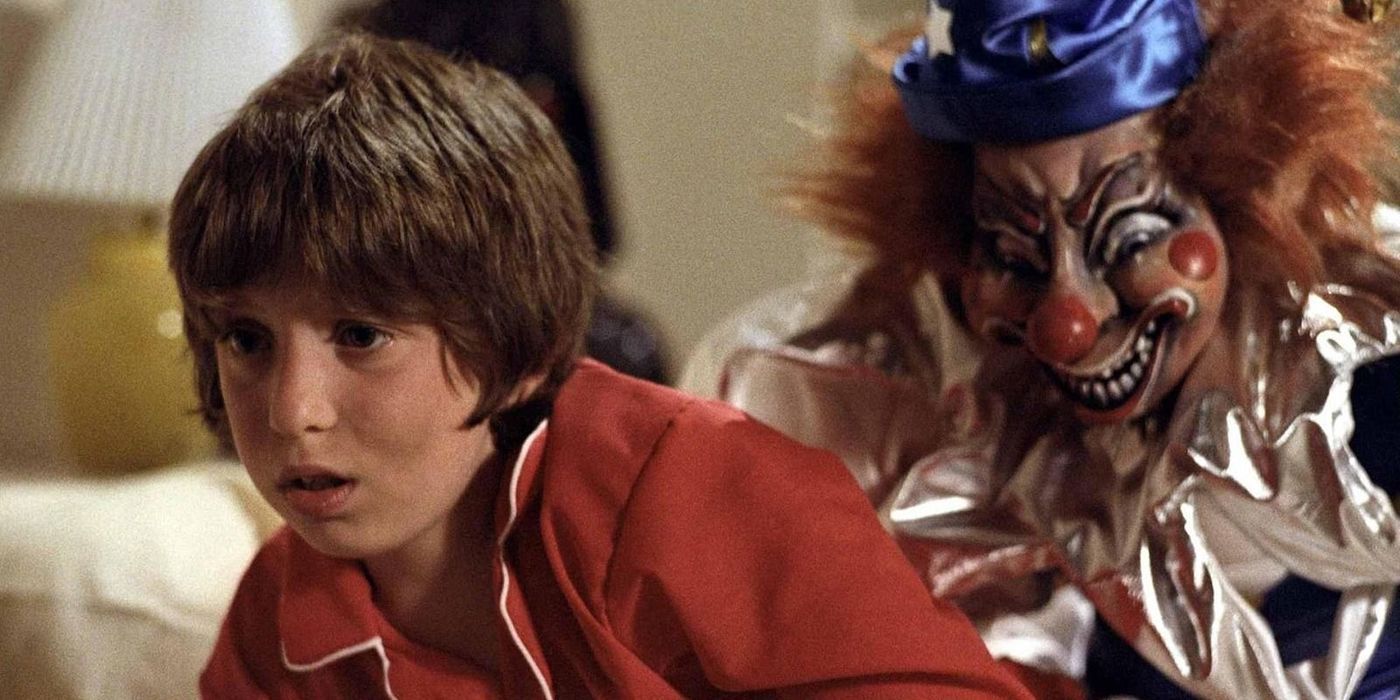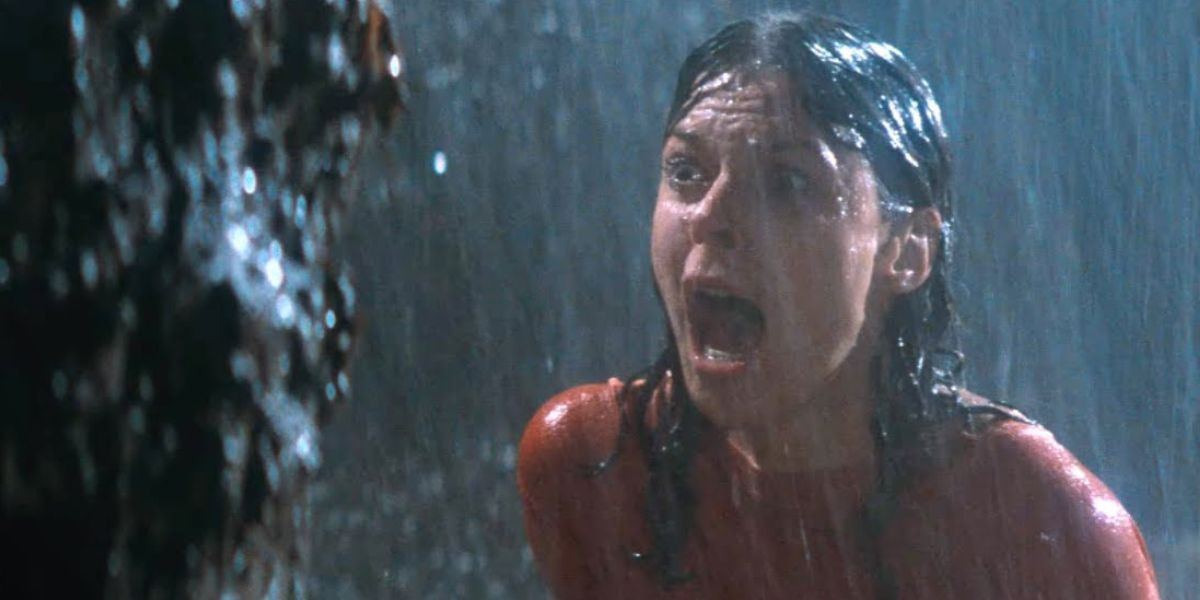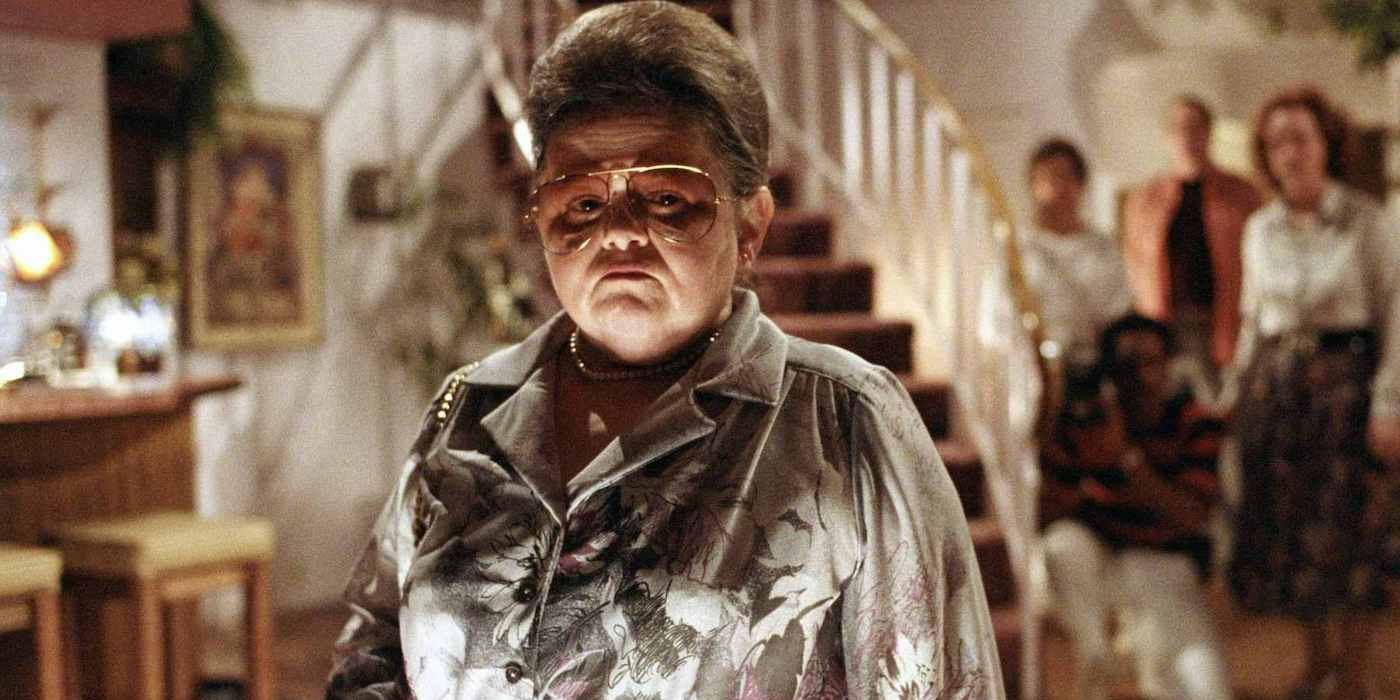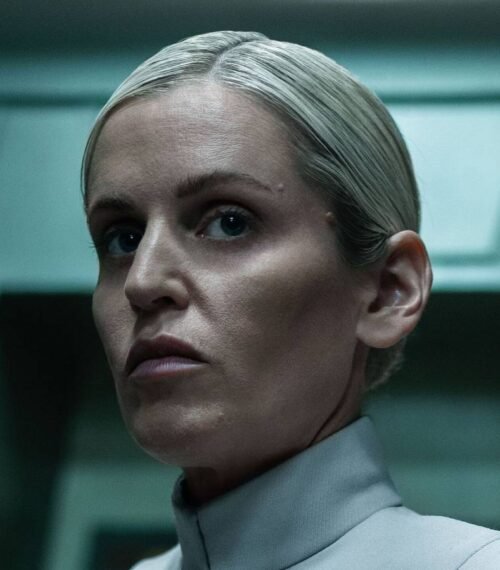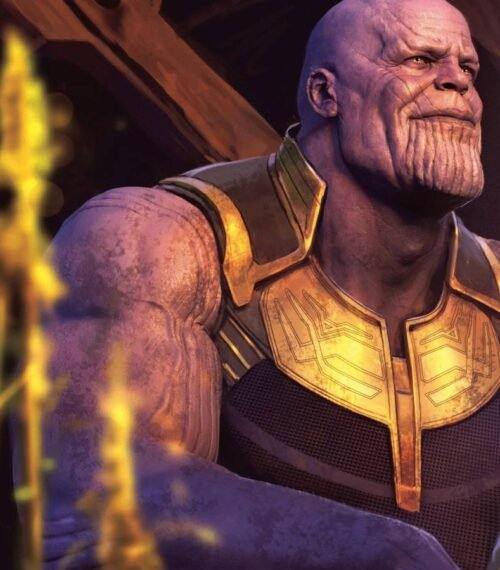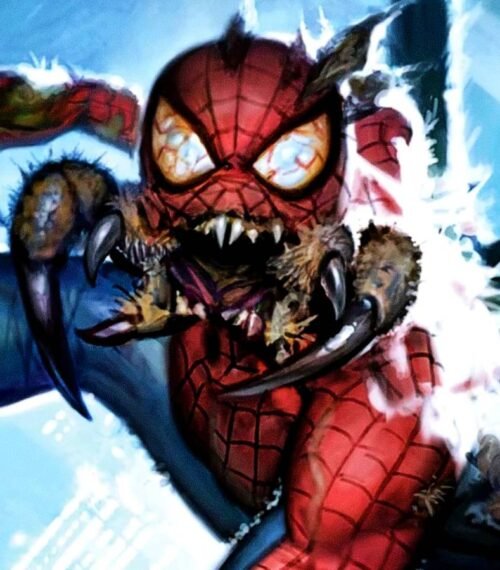Joe and Anthony Russo, known professionally as the Russo Brothers, are likely names that need no introduction. The visionary directors behind many of the MCU’s most pivotal films, including the massive Avengers: Endgame the duo are indeed royalty when it comes to big-budget cinema. But, while the two have an undeniable talent, not all of their work has been met with the same amount of praise in the same way their Marvel work has. In fact, many of their other films outside of the superhero genre have missed the mark, such as the Tom Holland-led Cherry, which was full of ambition, but lacked the nuance needed to tell the story properly. Sadly, many other Russo-led ventures have been met with similar reactions. While we would never discredit the incredible work the brothers have done, we do breathe a sigh of relief that one of their projects never came to fruition: a remake of the iconic horror film, Poltergeist.
The Russo Brothers’ Style Doesn’t Work for ‘Poltergeist’
Despite the 2015 remake of Poltergeist being a critical failure (and its mid-level box office performance), Bloody Disgusting reported on a possible remake being in the works, helmed by the Avengers duo just four years later in 2019. The Russo Brothers are no strangers to spectacle. Their epic, larger-than-life approach to movies such as Infinity War needs a massive scope to successfully tell their stories. That sort of method, however, is often detrimental to horror, especially with a film like Poltergeist. For more than 40 years, the film has been a hallmark of the haunted house genre, due in large part to its approach to terror. While there are moments of spectacle, such as the tree or the monstrous apparition during the climax, a majority of the film’s horror comes from its more atmospheric and understated moments. Sure, the events that make Carol Anne (Heather O’Rourke) disappear are grand, but it’s the haunting, simple echo of her voice in the aftermath that truly makes the twist terrifying.
Likewise, the infamous clown doll isn’t scary because he attacks Robbie (Oliver Robins), but because of the sense of dread that builds from its presence alone. It creates a sense of anxiety because, though it’s dormant for most of the film, we know it’s not a question of if it will come to life, but when, and how? In short, the horror is, again, atmospheric, and all about the build-up. For all their skills, this is a level of nuance that the Russo Brothers don’t seem ready for quite yet. Yes, Poltergeist has a few effects-heavy moments, but they are mostly reserved for the finale, while the rest of the movie is largely a feat of practical, slow-burn filmmaking which helps the horror feel more tangible and potent — something we fear isn’t what we would get with a Russo Brothers-led remake. But, to their credit, there aren’t many who could make another Poltergeist work, and the larger franchise has proven this time and time again.
‘Poltergeist’ Doesn’t Need to Be Revisited
Poltergeist remains one of the most revered horror films ever made, not to mention one of the most successful. The original picture cost a meager $10.7 million to make and had a box office return of $121.7 million. As is often the way of the industry, the studio responded by greenlighting a sequel, Poltergeist II: The Other Side. The follow-up isn’t a bad movie by any means. In fact, it’s rather impressive in that it doesn’t just rehash the first film completely. However, it takes one of the original’s strongest elements, the plot twist involving the Freeling house being built on a graveyard, and turns it into a mythologically-hefty story that, while giving us a great villain in the way of Reverend (Julian Beck), falls into a dangerous trope for the genre of over explaining things, and creates some continuity errors. And, by the time Poltergeist III came along, the series was so hooked on this mythology, that the film became far from scary. In fact, most of the movie is rather laughable thanks to its cheesy effects and convoluted storyline. While another haunted house story, The Conjuring, had the characters and mythos built in early on to justify a deeper storyline, Poltergeist never had the means to produce a franchise.
Likewise, the abysmal reaction to the remake proves that this story was better off as a “one and done.” Modern ideals and execution turned what is one of the most gripping horror films ever created into a CGI-filled endeavor with little suspense or originality, the opposite of the sensibilities that made the original a classic. Indeed, Poltergeist is a product of its time in all the right ways, and a remake helmed by directors whose filmmaking isn’t a match for this very special picture isn’t something we needed. While we look forward to their next big picture, we’re glad this remake didn’t happen.
Poltergeist is available to stream on HBO Max in the U.S.











































































































